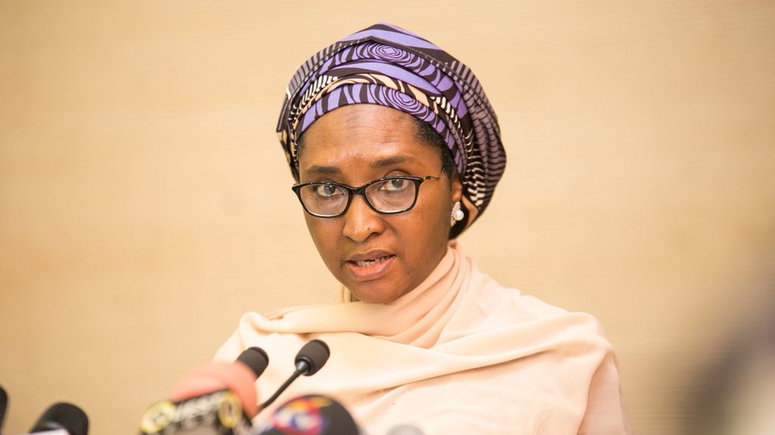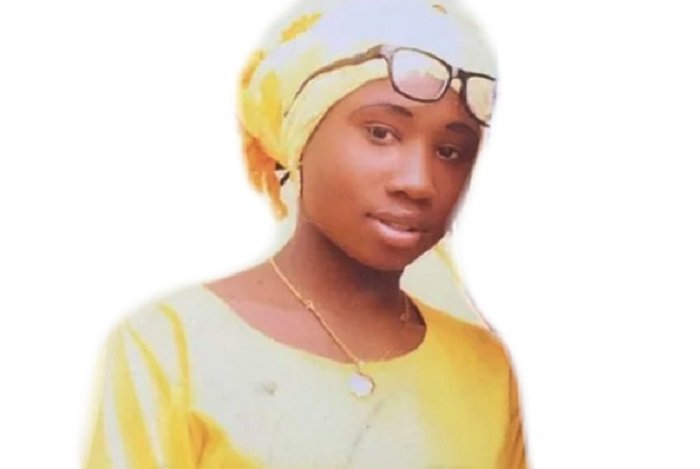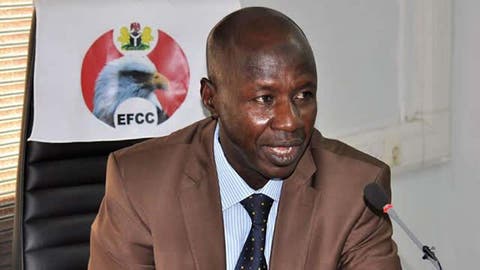[Intelligence] Covid-19 Expenditure and 2020 Health Budget

Nigeria’s federal and state governments have been on a spending spree to frustrate the spread of coronavirus. Imperative as the spending is, it has raised concerns about the fate of the 2020 health budget. With several health challenges like poor primary healthcare delivery, high maternal mortality rate, poor immunization of children, deaths due to typhoid fever, malaria, pneumonia, childhood killer diseases, poor reproductive health and HIV/AIDS, governments need channel a lot of money into the health sector. It is estimated that malaria, for instance, kills 300,000 Nigerians every year, while HIV/AIDS kills as many as 215,000 Nigerians annually. Under-5 Child mortality is put at about 119.9 deaths per 1,000 children.
According to the Nigerian Centre for Disease Control (NCDC) Covid-19 situation report as at April 10 was as follows: “305 cases have been confirmed, 58 cases have been discharged and seven deaths have been recorded in Nigeria.”
A research carried out by development Research and Project Centre (dRPC), a health advocacy organization, shows that so far, federal and state governments have not taken funds from their 2020 annual budgets to fight Covid-19. The report indicates that government actually budgeted N620 million in 2020 budget of the Federal Ministry of Health to contain Covid-19.

The report released on April 8, 2020, said, “So far, a total of N386 million was disbursed to both Port Health Services Department of the Ministry and Nigeria Centre for Disease Control by the end of January.” The huge sum of N15 billion released to Lagos State Government and NCDC in February was source from a Special Intervention Fund, but not from the health budget, but its source was not disclosed. In addition government received N19.4 billion financial support against Covid-19 from corporate bodies, groups and individuals. Even the N500 billion loan approval government sought from the National Assembly was to create “Crisis Intervention Fund” to deal with the pandemic.
dRPC, therefore, remarked that “the health allocation for this fiscal year remain as was approved. Any amendment of the 2020 budget whatsoever would now depend on the consideration of the National Assembly to meet current reality.” In the 2020 budget N90 billion has been allocated as capital budget out of N427.3 billion proposed by the federal government for health care sector. By all standard, this amount is too meagre to tackle the enormous health challenges facing the country. But the situation is compounded by government’s late and low release of capital votes, leading to poor utilization of funds budgeted for health. Over the years, capital budget performances in the health sector has been about 20 per cent on the average.

State government that have released money to deal with the pandemic did not resort to 2020 budgetary allocations. Lagos State, which released N600 million, had said it came from its emergency fund, not the health budget. Enugu State has spent N330 million from its emergency fund. In its 2020 budget Kaduna allocated N38 million for Public Health Emergency, but it claimed to have released N200 million on Covid-19 as special intervention fund. The fact that the state has recorded only 5 cases shows that the huge fund may not be expended.
Other states that have made releases include Niger State, which released N60 million out of its budgeted N80 million Public Health Emergency Intervention in 2020, Kano State released N57 million out of its own fund, and Anambra State has released N20 million, though the source of this money was not disclosed.
From the outcome of its research, dRPC stated that “various health capital allocation remains intact, although the current economic downturn may have an adverse effect of the government’s ability to make funds available for their executions. The various states are incapacitated, with internally generated revenue at a standstill. Important to note is that there is the possibility of poor budget performance if strong efforts are not in place to address the current situation, as government revenue continues to vitiate due to the lockdown policy across the country with pending implications on its current health financing potential.”
In order to avoid such crisis, dRPC, with its partners, have started to engage with various state governments, and have embarked on social media campaigns to the National Assembly, Federal Government and the Ministry of Heath to ensure that the health budgets are not diverted to the fight against Covid-19. Its advocacy is around the need for government to ensure that funds budgeted for health are promptly released so that capital projects are not stalled. The Centre advocates further that part of funds realized or allocated in Covid-19 fight should be channeled into improving the health care issues in the country.
dRPC made three recommendations to government on the way forward: “The upcoming budget review as proposed by the federal government should not affect the 2020 allocations to the health sector; instead it should improve on the spending for various critical health needs on Nigerians. [Secondly], the government should consider transparency and accountability by ensuring judicious utilization of available resources to improve the health system. This will prevent a high mortality rate. As mortality rates this year [2020] may depend on how well both human and material resources can be mobilized to fight, not just the Covid-19 pandemic but other related challenges. [Thirdly], Civil Society Organisations (CSOs) should be included as accountability mechanism in the distribution/disbursement of the palliative measures at various committee levels to prevent mismanagement.”
Partnership for Advocacy in Child and Family Health at Scale (PACFaH@Scale) and dRPC have, over the years, been actively involved in advocacy for improved capital expenditure releases for the health sector in order to tackle besetting health challenges. The efforts of the Centre have yielded some fruits, though the utilization of capital releases is still not impressive.
For example, in 2018, the capital allocation to the health sector was N141.62 billion. However, the amount released was N21.62 billion, a mere 15.3 per cent of the total capital expenditure for the health sector. Out of the amount released, only N13.35 billion was utilized. The sum of N8.27 billion had to be returned to the treasury. That meant only 9.4% of the total capital vote for health was utilized.

Covid-19 enlightenment campaign
The pattern had been the same over the years. In 2012, for instance, the total capital allocation to health was N60.92 billion, out of which N45 billion was released. However, the amount of money utilized was N33.68 billion, so that as much as N11.32 billion had to be returned to the treasury. From 2009 to 2018, the story has not changed because the country’s budget lifecycle did not allow for proper utilization of budgetary allocations to the health sector. In some cases, capital projects are not properly executed. Now that government has effected January to December budget circle, it is expected that budget utilization would improve.
The Insight Report
Nigeria Coverage



